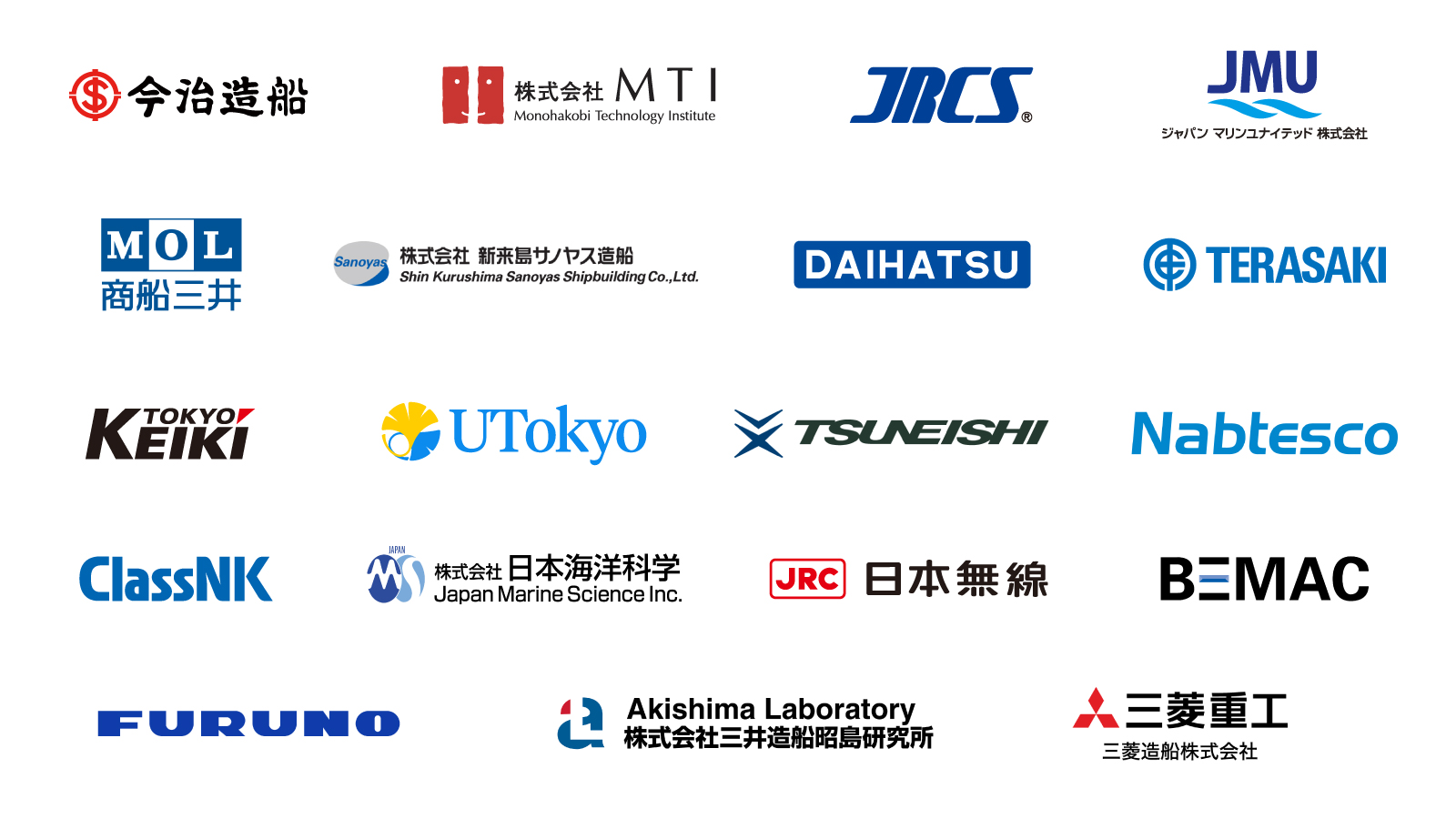MODE
Background
The Japanese maritime industry currently faces the following challenges to be resolved: “development of new technologies and their social implementation in the context of the global trend toward decarbonization,” “introduction of autonomous ships and improving safety for maintaining shipping services,” and “securing productivity in the increasingly sophisticated ship design and manufacturing processes.” MODE aims to address these challenges by utilizing model-based development (MBD) and model-based systems engineering (MBSE), which are increasingly being adopted in other industries. MBD is a method that expresses the functions of products and elements using mathematical models, enabling faster hypothesis testing through simulation. MBSE, on the other hand, is a method that achieves optimal design and development by taking a holistic view of the entire system, the requirements of its stakeholders, and the external environment. By utilizing these methods, it is expected that complex ship designs can be optimized efficiently, and a collaborative development process with a wide range of stakeholders can be created.
Objectives
- Development of a common simulation platform for building sustainable maritime logistics for the next generation.
- Establishment of a research and education center for MBD and MBSE in the maritime industry.
- Networking with experts from universities and research institutions in Japan and overseas, as well as other industries such as automotive, aerospace, and aviation.
- Developing new technologies and promoting their implementation in society.
- Training highly skilled personnel to apply digital engineering in the maritime field.
- Expanding into other areas in the marine industries, such as offshore wind power generation and undersea resource development.
Partners

Related Link
Website of Maritime and Ocean Digital Engineering laboratory (MODE Lab)
